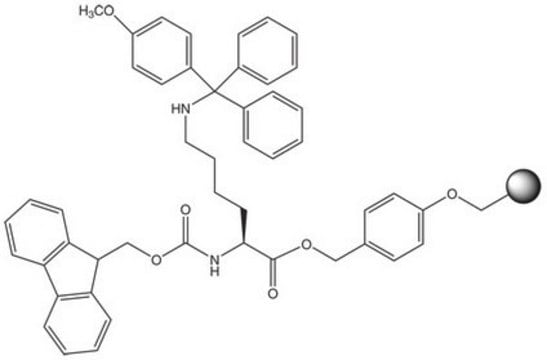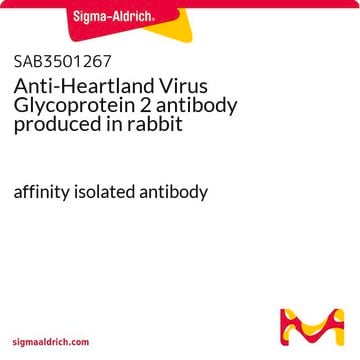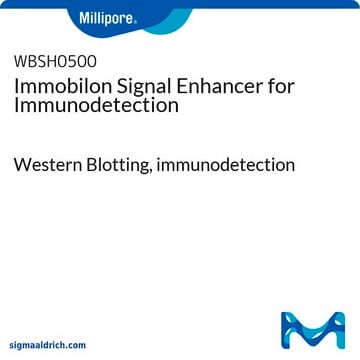MABN1529
Anti-PRICKLE2 Antibody, clone 3B4.1
clone 3B4.1, from mouse
Synonym(s):
Prickle-like protein 2
About This Item
Recommended Products
biological source
mouse
Quality Level
antibody form
purified immunoglobulin
antibody product type
primary antibodies
clone
3B4.1, monoclonal
species reactivity
human, mouse
technique(s)
immunohistochemistry: suitable (paraffin)
western blot: suitable
isotype
IgG2aκ
NCBI accession no.
UniProt accession no.
shipped in
ambient
target post-translational modification
unmodified
Gene Information
human ... PRICKLE2(166336)
General description
Specificity
Immunogen
Application
Neuroscience
Quality
Western Blotting Analysis: 0.5 µg/mL of this antibody detected PRICKLE2 in 10 µg of mouse brain tissue lysate.
Target description
Physical form
Storage and Stability
Other Notes
Disclaimer
Not finding the right product?
Try our Product Selector Tool.
Storage Class Code
12 - Non Combustible Liquids
WGK
WGK 1
Certificates of Analysis (COA)
Search for Certificates of Analysis (COA) by entering the products Lot/Batch Number. Lot and Batch Numbers can be found on a product’s label following the words ‘Lot’ or ‘Batch’.
Already Own This Product?
Find documentation for the products that you have recently purchased in the Document Library.
Our team of scientists has experience in all areas of research including Life Science, Material Science, Chemical Synthesis, Chromatography, Analytical and many others.
Contact Technical Service








